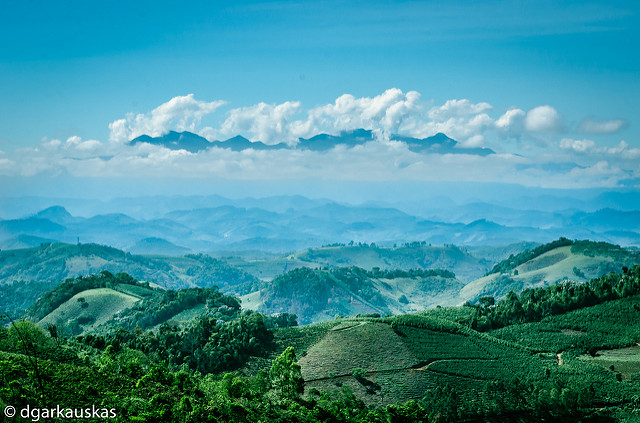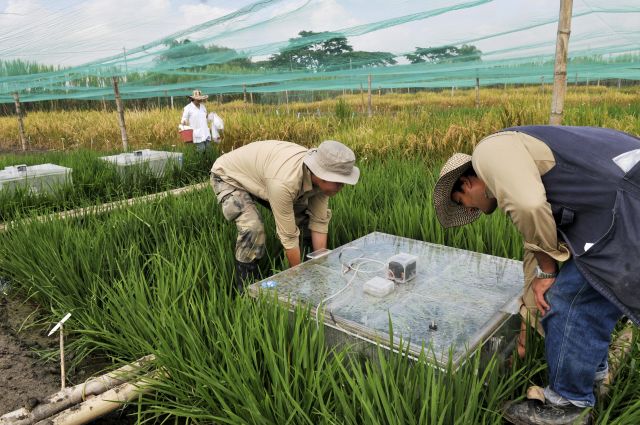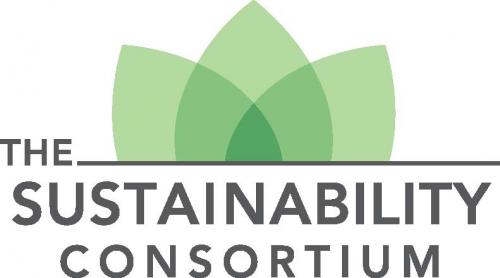Blog
RELEASE: Project Launches to Measure and Manage GHG Emissions for Agriculture in Brazil
RIO DE JANEIRO (17 June 2012)—The World Resources Institute (WRI) and the British Embassy are launching a two year partnership to measure corporate and farm-level emissions in Brazil. Agricultural emissions account for nearly 20 percent of Brazil’s emissions, with agricultural production on the rise.
RELEASE: First Ever Agriculture Guidance Empowers Companies to Measure and Manage Emissions
The World Resources Institute unveiled the first ever Agricultural Guidance to help companies measure, manage, and report greenhouse gas emissions from the agriculture sector, including farming, livestock, and land use change. The agriculture sector is responsible for 17 percent of global GHG emissions, including land use change.
GHG Protocol Supply Chain Initiative Holds Second Steering Committee Meeting in Geneva
The Steering Committee of the GHG Protocol’s Product and Supply Chain Initiative recently gathered at the offices of the WBCSD in Geneva, Switzerland to review early drafts of two new GHG Protocol standards and make recommendations on the direction of the initiative.
WRI Launches GHG Protocol Mitigation Accounting Initiative
Many countries are planning and implementing a variety of climate change policies and GHG reduction goals at the national and sub-national levels. As they do so, they are facing new pressures to account for GHG reductions achieved through individual mitigation actions and policies and to track progress toward GHG reduction goals.
Taking Corporate GHG Accounting to Scale: Bali Side Event Introduces New Tools for GHG Management
Survey on Calculation Tools
The GHG Protocol aims to ensure wide and effective use of its standards and support companies in the completion of accurate, relevant, complete, consistent and transparent GHG inventories. But the landscape for GHG calculation and verification procedures has been evolving quickly, prompting the need for a public survey to help identify the calculation priorities of our users, along with their perspectives on GHG inventory verification and training in accounting.
Tsinghua University and WRI Host First Stakeholder Workshop in China for New Product and Supply Chain Standard
The Sustainability Consortium members vote to adopt the Greenhouse Gas Protocol Product Standard
Workshop: Integrando Agropecuária aos Inventários Corporativos de GEE
Inscreva-se agora e contribua para a próxima geração de ferramentas de gestão de gases de efeito estufa (GEE) relativa à agropecuária Brasileira. O GHG Protocol cordialmente lhe convida a participar do encontro cujo foco será ajudar no desenvolvimento de ferramentas (um protocolo de contabilização de GEE e um conjunto de fatores de emissão) específicas para o Brasil.
WRI and Sun Talk Energy and Sustainable Business at 2008 Net Impact Conference
WRI participated in the annual 2008 Net Impact Conference, held at the Wharton School of Business in Philadelphia on November 15th. GHG Protocol joined a panel for the three-hour OpenEco Energy Camp Saturday morning session, sponsored by Sun Microsystems. The session centered around Sun’s global online-community OpenEco.org, that provides free tools to help participants measure, track, and compare energy and greenhouse gas (GHG) performance.
WRI Joins The Sustainability Consortium
WRI Team Travels to Nairobi to Launch LULUCF Guide to Project Accounting
On Nov. 7, Florence Daviet and Suzie Greenhalgh of WRI will travel to Nairobi, Kenya to present the “Land use, Land-use change and Forestry Guidance for GHG Project Accounting” (LULUCF) at the Climate Change Conference of Parties (COP-12).
Brighter Planet Launches Cloud-Based Carbon Middleware Platform
WRI Hosts Workshop on Energy Savings and CO2 Reductions in the Chinese Cement Industry
As cement production is responsible for five percent of global carbon dioxide emissions, it is considered a key target for climate change mitigation. China alone accounts for 45 percent of global cement manufacture and consumption
Written Comments on Draft Product and Scope 3 Accounting and Reporting Standards
The first drafts of the GHG Protocol Product and Scope 3 Accounting and Reporting Standards were released for stakeholder review on November 11th 2009. The draft standards were developed over a nine month period between January and October 2009 through the work of 7 technical working groups comprised of more than 160 members, with strategic guidance provided by a 25 member steering committee.
WRI and WBCSD Convening Global Stakeholder Process to Develop New Product/Supply Chain Guidelines
User Survey Highlights Most Valued Tools and Resources
Earlier this summer, GHG Protocol conducted a survey to collect input from all of our users regarding our tools and resources. With increasing opportunities and challenges in providing a broader range of GHG-inventory services, it is important to know what our users value most and how to prioritize improvements of these resources. The survey included questions about our downloadable Excel-based calculation tools, the availability of emission factors and guidance documents, and training and verification resources.
WRI Launches New Corporate Consultative Group
Watch the Brand New GHG Protocol Animation Video
GHG Protocol is proud to premiere its brand new animation video. The video tells the story of the two new standards through compelling animation.




